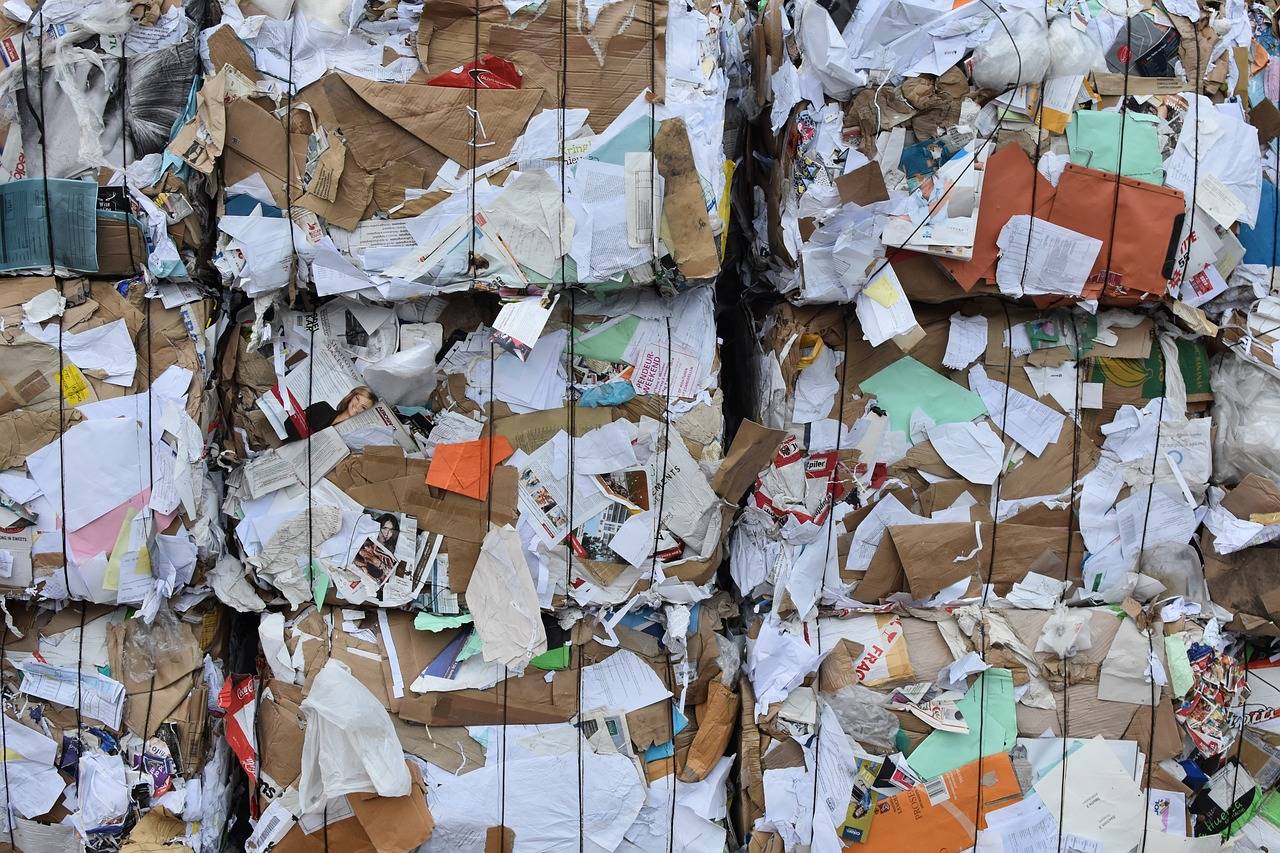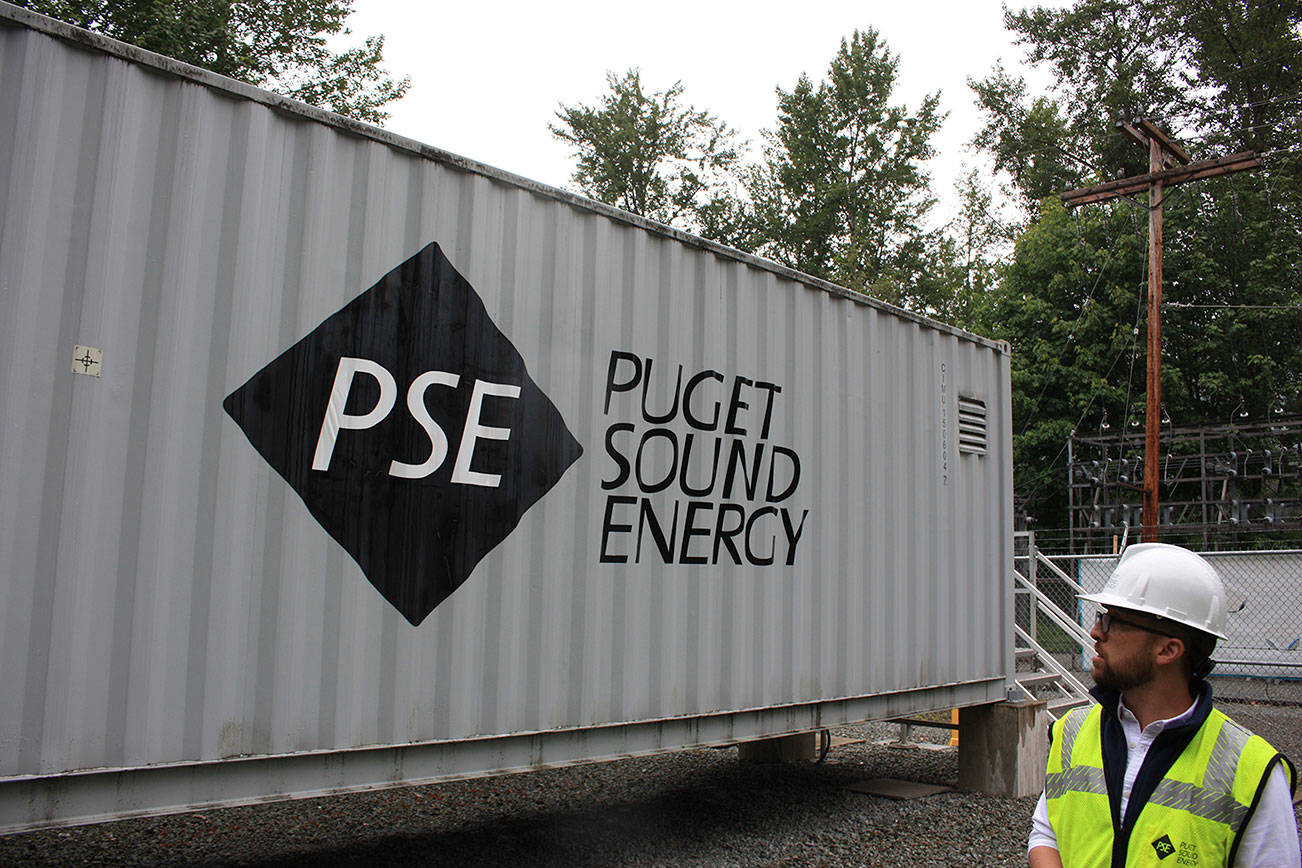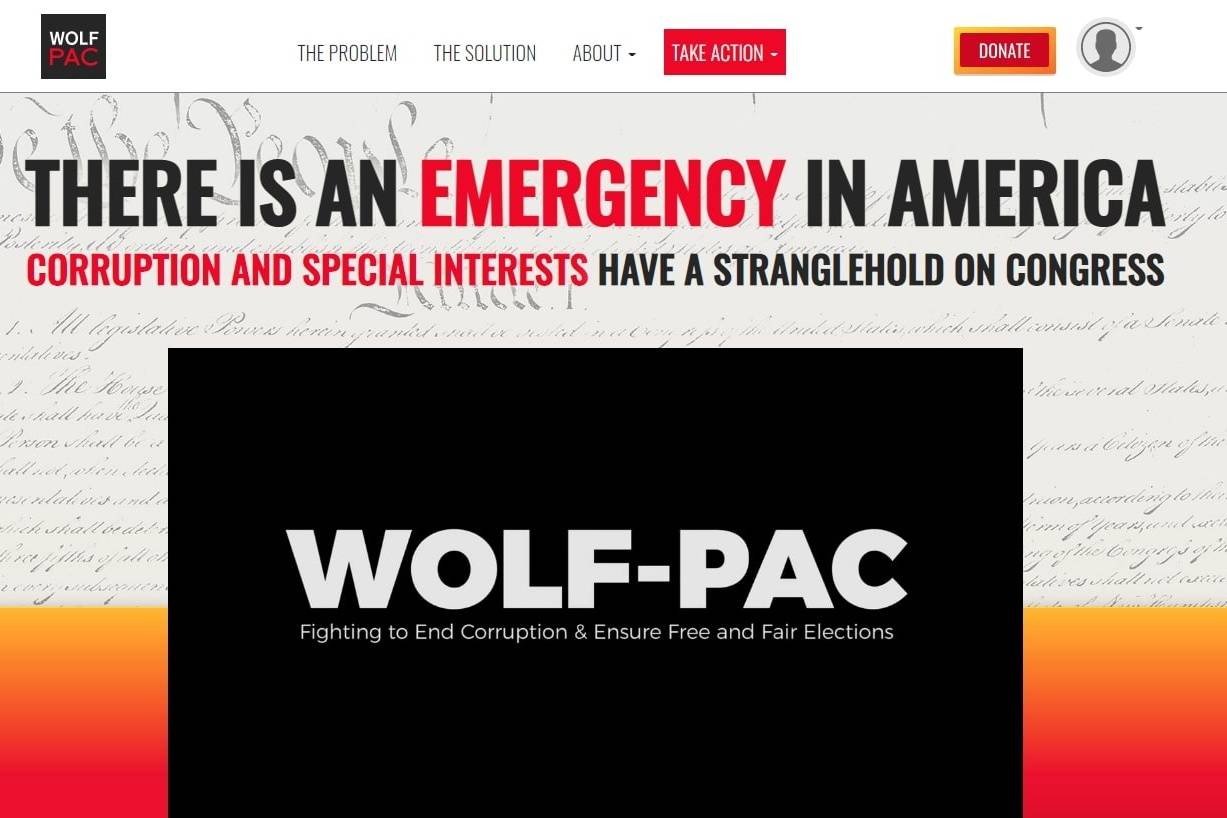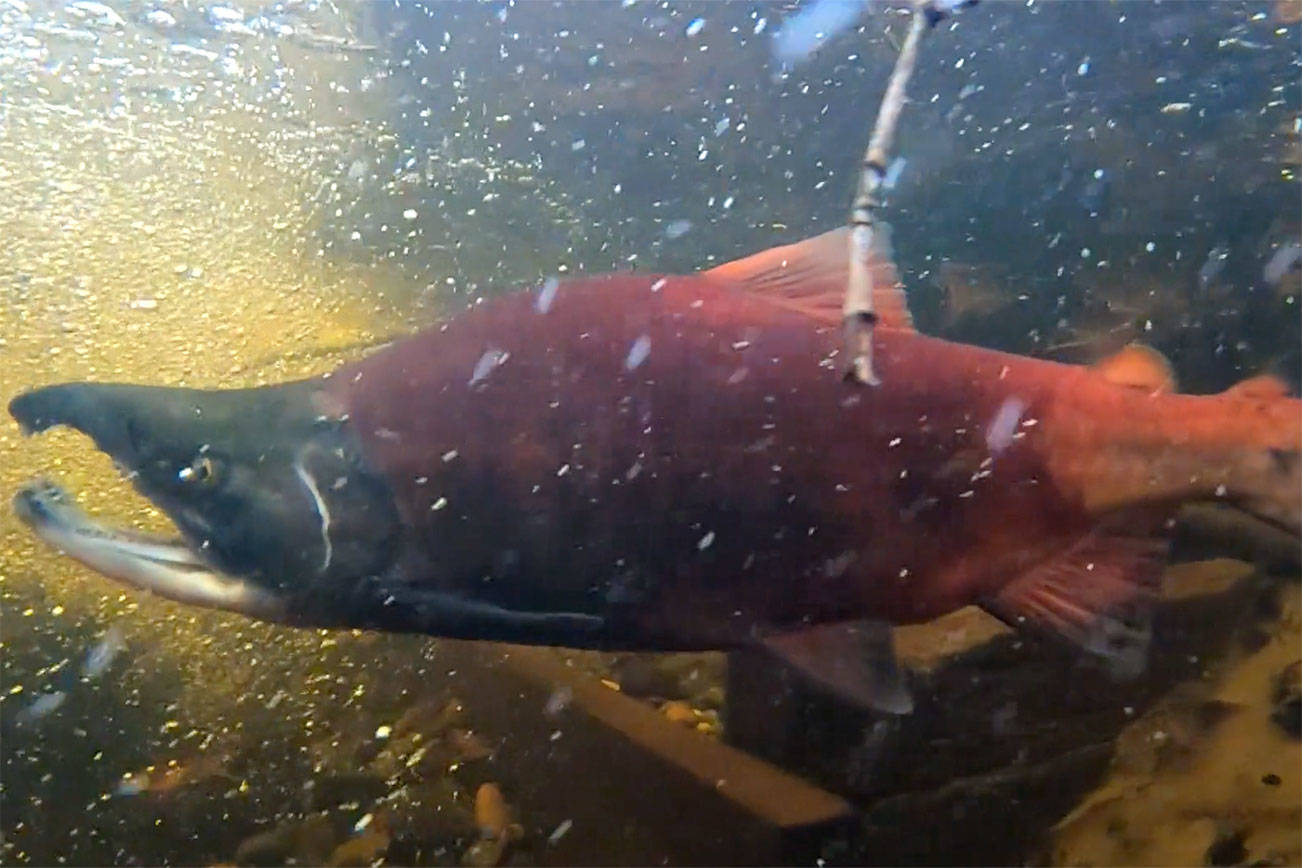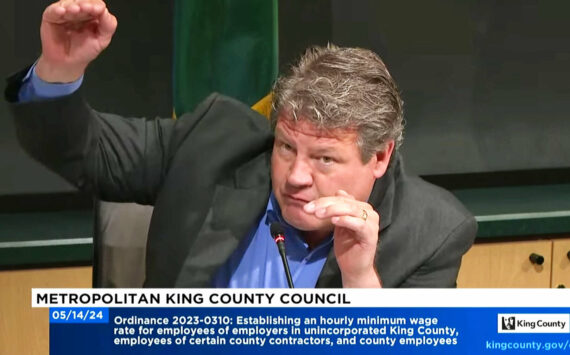A move by China to cut down on contaminants in its recycling industry has created a backlog of waste paper throughout the U.S. and an uncertain future for Seattle-area recycling services.
Seeking some answers on how to move forward, King County this week announced the creation of the Responsible Recycling Task Force, which is comprised of two separate advisory committees made up of representatives from the City of Seattle, nine suburban communities, state and labor organizations, and citizens. Also on the task force are the three major Puget Sound recycling companies, including Republic Services, which processes recyclables from Seattle and other nearby communities, as well as Recology and Waste Management, which cover many other cities in the area and unincorporated King County.
King County recycling manager Jeff Gaisford said the task force held its first meeting on April 30 and is expected to have a report completed by October outlining short, medium, and long-term solutions for an emerging recycling crisis. Prior to China’s strict new regulations, the country was the largest importer of West Coast recyclables. However, this spring’s dramatically reduction in acceptable levels of contamination has resulted in much of the mixed paper generated in Puget Sound to be ineligible to be shipped to China. These regulations restrict the amount of contamination to 0.5 percent for recyclable imports, which is much stricter than the three to five percent limit that U.S. recycling facilities are typically permitted for.
Because of this, Republic Services asked some cities for waivers to send unusable waste paper to the landfill, rather than letting it continue to build up in its collection facilities. These waivers are temporary and designed to allow Republic Services to find new ways to recycle its mixed paper. Republic Services facilities in Puget Sound have additionally begun slowing down processing lines to allow more thorough sorting, hiring more workers and investing in more sophisticated sorting technology.
Waste Management has proposed a surcharge for unincorporated areas of King County without a city-based service contract to help cover costs associated with more intensive sorting. This could raise the monthly cost of recycling service by up to $0.60 per month, Gaisford said. Recology is also looking at implementing a surcharge, he said.
How recycling used to work was fairly straightforward. Gaisford said when Chinese companies would ship goods such as iPhones to the United States in paper-based packaging, the shipping containers would be filled with recyclable paper, which would be sent back to China and repurposed to again become packages for consumer products. But as China is looking to clean up mills, it is contracting out these recycling services to other countries, meaning China isn’t taking in as much recyclable paper.
On the West Coast, this means recycling agencies are scrambling to find alternative ways to deal with mounting supplies of recyclable paper that are above the contamination threshold for Chinese recyclers. Contamination that bars paper from entering China ranges from wet paper to dirty food containers. Newspaper is a hot commodity in the world of recycling, but Gaisford said the Pacific Northwest generates less newspaper waste than other areas of the country.
All of this means King County recyclers will need to get creative with how they approach recycling in the future. Gaisford said one option they will be looking at includes sending plastics to a sorting facility in Vancouver, British Columbia, Canada which markets plastic resins directly to producers. However, recyclables such as aluminum cans, cardboard, plastic bottles and milk jugs are in demand by U.S. processors and are not as affected by China’s new policies, according to a press release from King County.
As China outsources its recycling operations, other countries in Southeast Asia and India may begin operating mills. The problem for Puget Sound is that India isn’t as large of a trading partner as China, meaning fewer ships enter U.S. ports that can transport recyclable paper.
“Getting space on a ship to go to India is kind of a challenge,” Gaisford said.
Other solutions may include finding more domestic markets that may be able to process paper. The Pacific Northwest used to have mills, but lower prices in China meant they couldn’t compete as effectively. This could be remedied in the long term by building more mills in the region and adopting recycling regulations similar to California, where items like plastic bottles must be made with at least 40 percent recycled material. New state laws could create a demand for a domestic recycling industry, but this would take time to materialize.
“Having some legislative action is also going to be more longer term,” Gaisford said.
Eastside residents can lend a hand in reducing waste by properly sorting their recyclables. Cleaning out food containers like spaghetti sauce jars helps reduce the contamination level and keeping recycling can lids can keep paper dry.
“Keep it clean, dry and empty,” Gaisford said. “People don’t always do that. They may not empty out their soda bottle.”
akunkler@soundpublishing.com
A version of this story first appeared in the Bellevue Reporter.
